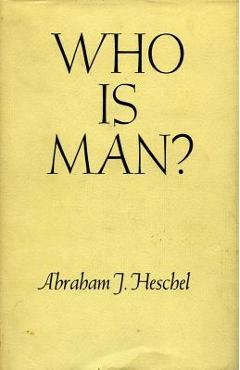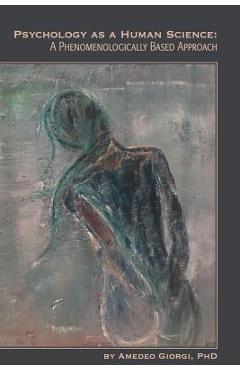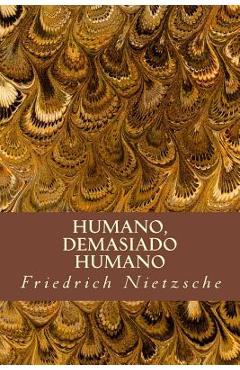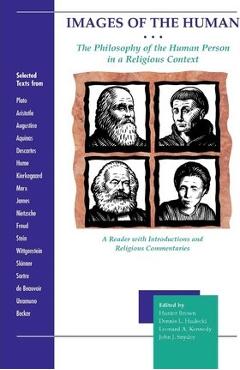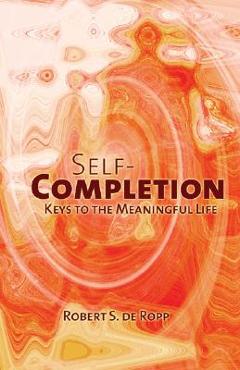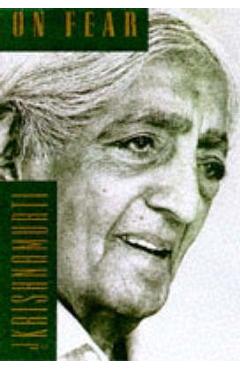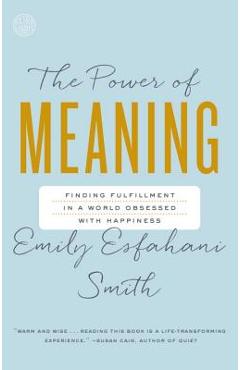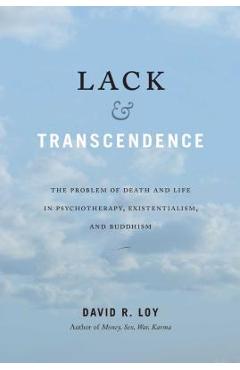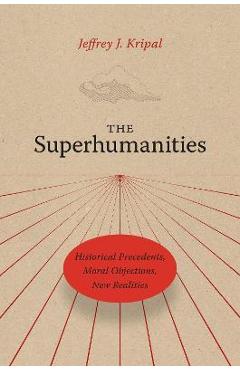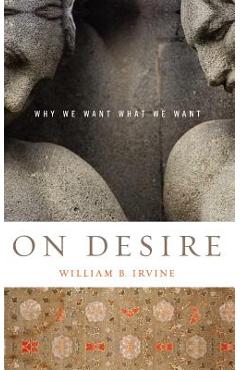The Ernest Becker Reader

The Ernest Becker Reader
Ernest Becker (1924-1974) was an astute observer of society and human behavior during America's turbulent 1960s and 1970s. Trained in social anthropology and driven by a transcending curiosity about human motivations, Becker doggedly pursued his basic research question, "What makes people act the way they do?" Dissatisfied with what he saw as narrowly fragmented methods in the contemporary social sciences and impelled by a belief that humankind more than ever needed a disciplined, rational, and empirically based understanding of itself, Becker slowly created a powerful interdisciplinary vision of the human sciences, one in which each discipline is rooted in a basic truth concerning the human condition. That truth became an integral part of Becker's emerging social science. Almost inadvertently, he outlined a perspective on human motivations that is perhaps the most broadly interdisciplinary to date. His perspective traverses not only the biological, psychological, and social sciences but also the humanities and educational, political, and religious studies.
Ernest Becker is best known for the books written in the last few years before his death from cancer, including the highly praised Pulitzer Prize-winning volume The Denial of Death (1974) and Escape from Evil (1975). These late works, however, were built on a distinguished body of earlier books, essays, and reviews. The power and strength of Becker's ideas are fully present in his early works, which underlie his later contributions and give direction for interpreting the development of his ideas.
Although Ernest Becker's life and career were cut short, his major writings have remained continually in print and have captured the interest of subsequent generations of readers. The Ernest Becker Reader makes available for the first time in one volume much of Becker's early work and thus places his later work in proper context. It is a major contribution to the ongoing interest in Becker's ideas.
PRP: 294.50 Lei
Acesta este Pretul Recomandat de Producator. Pretul de vanzare al produsului este afisat mai jos.
265.05Lei
265.05Lei
294.50 LeiLivrare in 2-4 saptamani
Descrierea produsului
Ernest Becker (1924-1974) was an astute observer of society and human behavior during America's turbulent 1960s and 1970s. Trained in social anthropology and driven by a transcending curiosity about human motivations, Becker doggedly pursued his basic research question, "What makes people act the way they do?" Dissatisfied with what he saw as narrowly fragmented methods in the contemporary social sciences and impelled by a belief that humankind more than ever needed a disciplined, rational, and empirically based understanding of itself, Becker slowly created a powerful interdisciplinary vision of the human sciences, one in which each discipline is rooted in a basic truth concerning the human condition. That truth became an integral part of Becker's emerging social science. Almost inadvertently, he outlined a perspective on human motivations that is perhaps the most broadly interdisciplinary to date. His perspective traverses not only the biological, psychological, and social sciences but also the humanities and educational, political, and religious studies.
Ernest Becker is best known for the books written in the last few years before his death from cancer, including the highly praised Pulitzer Prize-winning volume The Denial of Death (1974) and Escape from Evil (1975). These late works, however, were built on a distinguished body of earlier books, essays, and reviews. The power and strength of Becker's ideas are fully present in his early works, which underlie his later contributions and give direction for interpreting the development of his ideas.
Although Ernest Becker's life and career were cut short, his major writings have remained continually in print and have captured the interest of subsequent generations of readers. The Ernest Becker Reader makes available for the first time in one volume much of Becker's early work and thus places his later work in proper context. It is a major contribution to the ongoing interest in Becker's ideas.
Detaliile produsului













